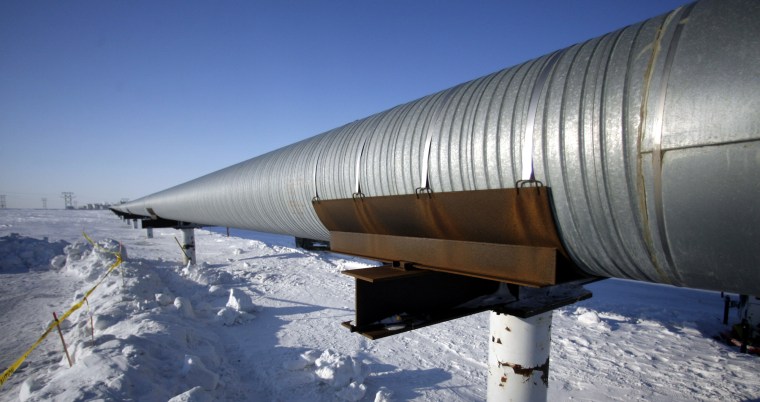Alaska is at “a fork in the road,” says 40-year resident Pat Dougherty.
For nearly all the years Dougherty has lived in Alaska, the state has been reaping a vast income from the oil in their land – and sending a portion of it back to residents in the form of a yearly dividend check from a trust fund called the Alaska Permanent Fund. The payout surpassed $2,000 last year for each man, woman, and child living in the state. The fund has become “a part of life” in Alaska, says Dougherty, and for some residents in rural areas of the state, the dividend makes up a significant portion of their household income.
Alaskans have long viewed the Permanent Fund as dependable and even untouchable. But circumstances are changing and Alaska is at a financial breaking point. Plunging oil prices have hit the fund and the state’s other savings. The state government now has a budget deficit of $4.1 billion and if no changes are made, the Permanent Fund is predicted to collapse in less than four years.
Legislators in Juneau now have to decide on a controversial proposal: whether or not to dip into the Permanent Fund to fund state services and keep down the deficit, and to whether or not to lower the amount of those all-important dividend checks in order to keep the fund going. Earlier this month, the bill failed to move out of committee in the House – so the fate of the Permanent Fund remains undecided until at least July 11, when the legislature reconvenes for a special session called by Governor Bill Walker.
“Oil isn’t going to be the free ride that it used to be,” says Dougherty - as his state struggles to come to terms with that fact.
